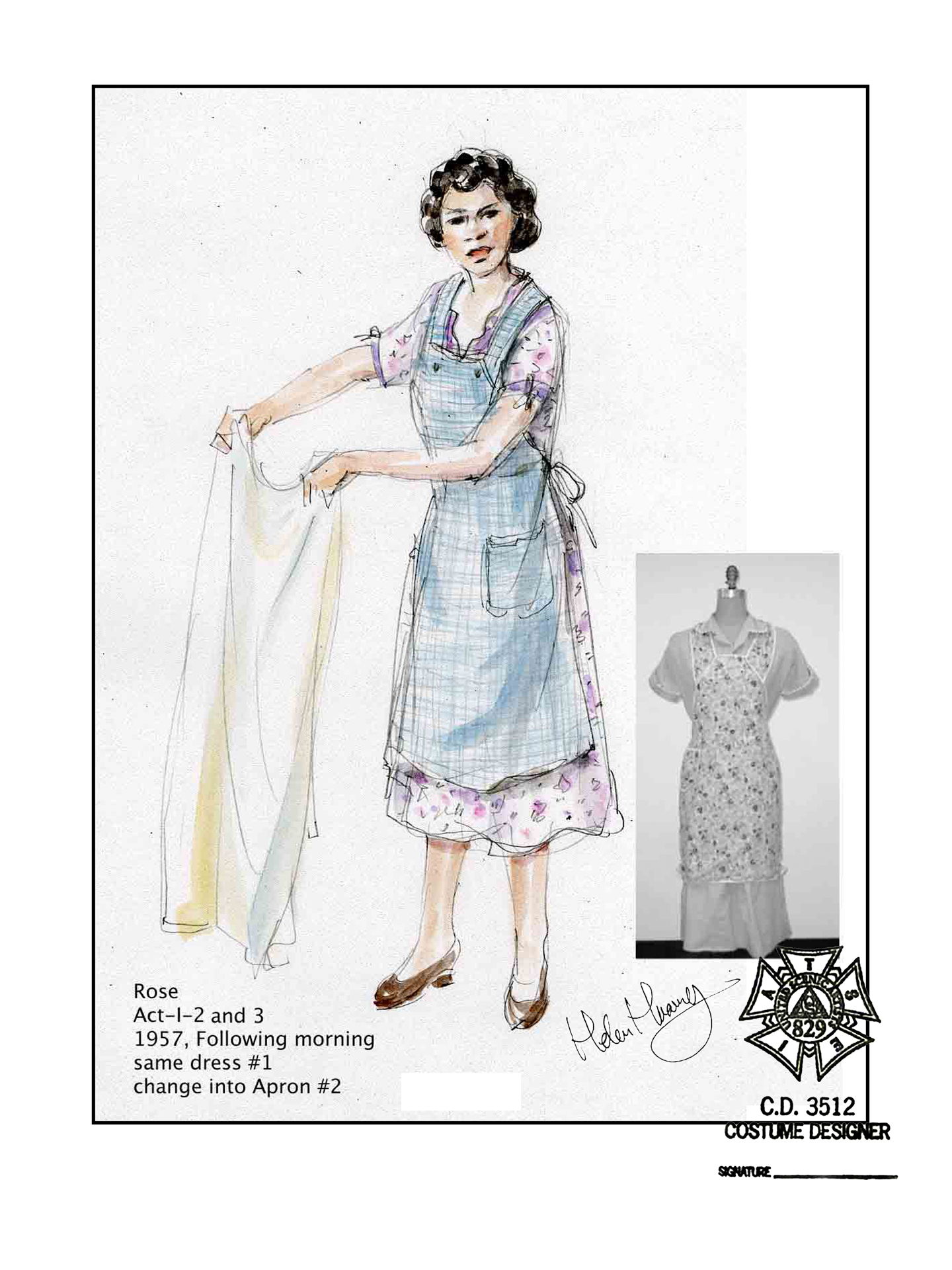
August Wilson’s Century Cycle
August Wilson’s Century Cycle is a towering achievement of 10 plays documenting the hopes and struggles of African Americans. Also known as the Pittsburgh Cycle, Wilson’s work covers 100 years of the African-American experience, with each of the 10 plays set in a different decade of the 20th century. All but one of the 10 plays, Ma Rainey’s Black Bottom, take place in the bustling Hill District of Pittsburgh, where Wilson grew up. The Century Cycle connects Hill District experiences to larger narratives of African-American history such as slavery, the Great Migration, the Jim Crow era and unchanging institutionalized racism. Wilson’s plays have contributed tremendously to the documentation of previously marginalized African-American histories, preserving the American experience while allowing it to come alive on stage.

Fences takes place in Pittsburgh in 1957, a time of intense segregation, policing and discrimination. With society on the brink of positive change for African Americans, many still recalled the hardship of their sharecropping parents. Amidst bubbling racial tensions, Fences exposes the deep housing segregation, employment discrimination and incarceration of African Americans as well as the profound effects these injustices had on families across the country. Fences explores universal themes of humanity such as parenting, belonging and struggling through adverse times. Wilson’s play seeks to understand the fences we build throughout society and why we build them.
“Are fences to keep people in or out? Are they a protection or a limitation?”
Born Frederick August Kittel in 1945, August Wilson and his six siblings were raised by their mother, Daisy Wilson, who worked as a cleaning woman. His father, a German immigrant and baker, Frederick Kittel, left the family when Wilson was young. Daisy Wilson worked hard to provide for her children. Living in a two-room apartment, she made sure they were all properly fed and required them to participate in daily reading. Wilson later noted that many of his female characters where inspired in large part by his mother.

Wilson had a complicated relationship with race growing up. His mother was African American, his father white. Later, his mother remarried an African-American man and the family moved to the suburb of Hazelwood. The Hill District, where Wilson spent most of his childhood, was predominantly African American, while the suburb they later moved to was mostly white. In Hazelwood, Wilson and his family were subjected to racial threats as one of the only African-American families in the neighborhood.
Wilson dropped out of school at age 15 after being falsely accused of plagiarizing a history essay on Napoleon Bonaparte. He began educating himself at the Carnegie Library of Pittsburgh and enlisted in the U.S. army two years later. Wilson left the armed forces after a year and began writing poetry while taking odd jobs. In 1965, Frederick August Kittel changed his name to August Wilson to honor his mother. Inspired by Bessie Smith and the Blues genre, Wilson became very involved in the Black Arts Movement of the 1960s and co-founded the Black Horizons Theatre Company in 1968. In 1999, the Carnegie Library of Pittsburgh gave August Wilson its first-ever high school diploma.
With Fences, Wilson was invested in exploring a theme rarely portrayed on stage: the responsible African-American man. Wilson wished to resist white America’s assumption that African-American men are inherently irresponsible, lazy and shiftless.
“White America pays no attention to the Troy Maxsons in this world… Troy is a man who is trying to fulfill tremendous responsibility.“
– August Wilson
With increasing popularity in the last 10 years, Fences has become an American classic, dedicated to unearthing the lives, hopes, dreams and struggles of African Americans. Ford’s Theatre is committed to presenting stories of agency through adversity in some of the most trying times in America.
You can watch Fences Sept. 27-Oct. 27, 2019 at Ford’s Theatre. Get tickets today!
A version of this story appears in the printed playbill for Fences at Ford’s Theatre.

